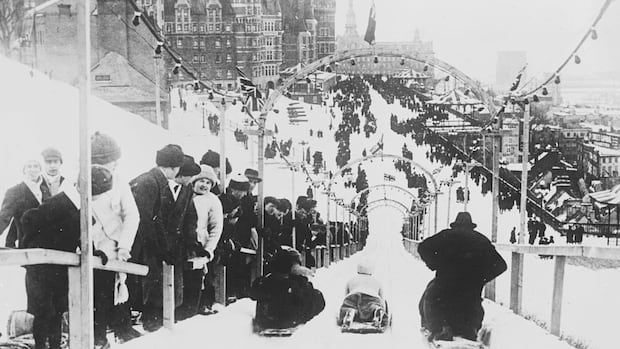Ontario Appeal Court rules Ford government’s Bill 124 unconstitutional

Ontario Premier Doug Ford’s law that imposed wage restraint on public sector workers violated their collective bargaining rights and is unconstitutional, the province’s Appeal Court ruled Monday.
The law, known as Bill 124, capped salary increases for public sector workers to one per cent a year for three years.
A lower court struck it down as unconstitutional and the Appeal Court, in a 2-1 decision, largely upheld that decision, writing that the infringement couldn’t be justified.
“Because of the Act, organized public sector workers, many of whom are women, racialized and/or low-income earners, have lost the ability to negotiate for better compensation or even better work conditions that do not have a monetary value,” the court wrote in its majority opinion.
The Progressive Conservatives enacted the law, known as Bill 124, in 2019 as a way to help the government eliminate a deficit. The province had argued the law did not infringe constitutional rights, saying the charter only protects the process of bargaining, not the outcome.
The Appeal Court wrote that governments are entitled to try to hold compensation increases to a certain level, but the issue is how they do that.
“Ontario has not been able to explain why wage restraint could not have been achieved through good faith bargaining,” it wrote.
“In the absence of any evidence for the need for expediency or that the same goal cannot be achieved through collective bargaining, it is hard to understand on what basis the Act’s salutary effects outweigh its beneficial effects.”
Ruling a win for hardworking families, workers
The Appeal Court, however, found the lower court judge erred by striking the entire statute. The law applied both to unionized workers and those not represented by a bargaining organization, and the Appeal Court said the act is only unconstitutional for workers represented by unions, who have different rights because they bargain collectively.
The law sparked widespread outrage among labour groups and opposition parties, with its effects on the health sector a particular focus, as critics say it’s partly responsible for driving nurses out of the profession or into private nursing agencies, where the pay is substantially higher for the same work.
Two unions representing health-care workers said in a joint statement Monday that it is a win for hardworking families and all unions who fought to protect workers’ rights to freely bargain a collective agreement.
“We urge Doug Ford to end his attacks on the very people we need to fix Ontario’s worsening health-care system,” said Michael Hurley, presidents of CUPE’s Ontario Council of Hospital Unions and Sharleen Stewart, president of SEIU Healthcare.
The union representing the province’s public elementary teachers said that the government never should have appealed the decision in the first place, as it “wasted” taxpayer dollars and undermined their recent contract negotiations.
“Let the court’s ruling be a lesson for the Ford government to never circumvent bargaining or trample on workers’ democratic rights again,” the Elementary Teachers’ Federation of Ontario wrote.
Court ruling ‘long-overdue victory,’ Crombie says
Official Opposition and New Democrat Leader Marit Stiles celebrated the court’s decision as a win for the province’s workers and unions.
“Bill 124 hurt our province,” Stiles said. “It forced health-care and education workers out of the profession, cut people’s wages during an affordability crisis, and eroded the people’s trust in their government.”
Ontario Liberal Party Leader Bonnie Crombie congratulated the unions who brought the legal challenge.
“Today’s decision is a huge, long-overdue victory for the workers who play such important roles in our lives,” Crombie said.
Since the law was struck down, even while pending appeal, arbitrators have awarded additional retroactive pay to several groups of workers that had “reopener” clauses in their contracts, including teachers, nurses, other hospital workers, public servants, Ornge air ambulance paramedics and college faculty.
Several hospitals have told a legislative committee conducting pre-budget hearings that the Bill 124 reopener arbitration rulings are straining their budgets, though the government has committed to reimbursing them.
“Bill 124 settlements are driving hospitals into extraordinary cash flow difficulties, threatening our financial viability and forcing delay of critical capital purchases,” Sherri McCullough, board chair of Kingston Health Sciences Centre, told the committee last month.
Ontario’s financial accountability officer said in 2022 that Bill 124 was set to save the province $9.7 billion on public-sector salaries and wages, though a successful court challenge would all but wipe that out.
That could cost the province $8.4 billion over five years, he said.
Though the 2019 law was time limited for a three-year period, it has still been affecting collective bargaining because of when some previous contracts expired and the length of some negotiations.
Ontario Provincial Police recently started bargaining for a new contract, which would be subject to Bill 124 if the law was in force. As well, the province’s correctional officers late last year received increases of 9.5 per cent over three years after Bill 124 was struck down partway through their bargaining process.



